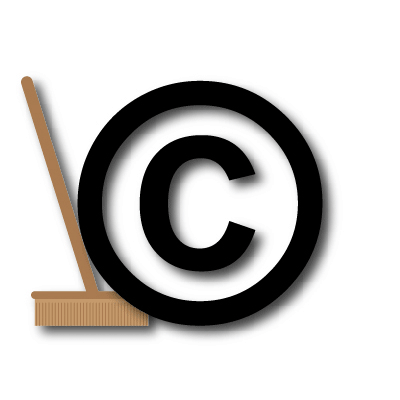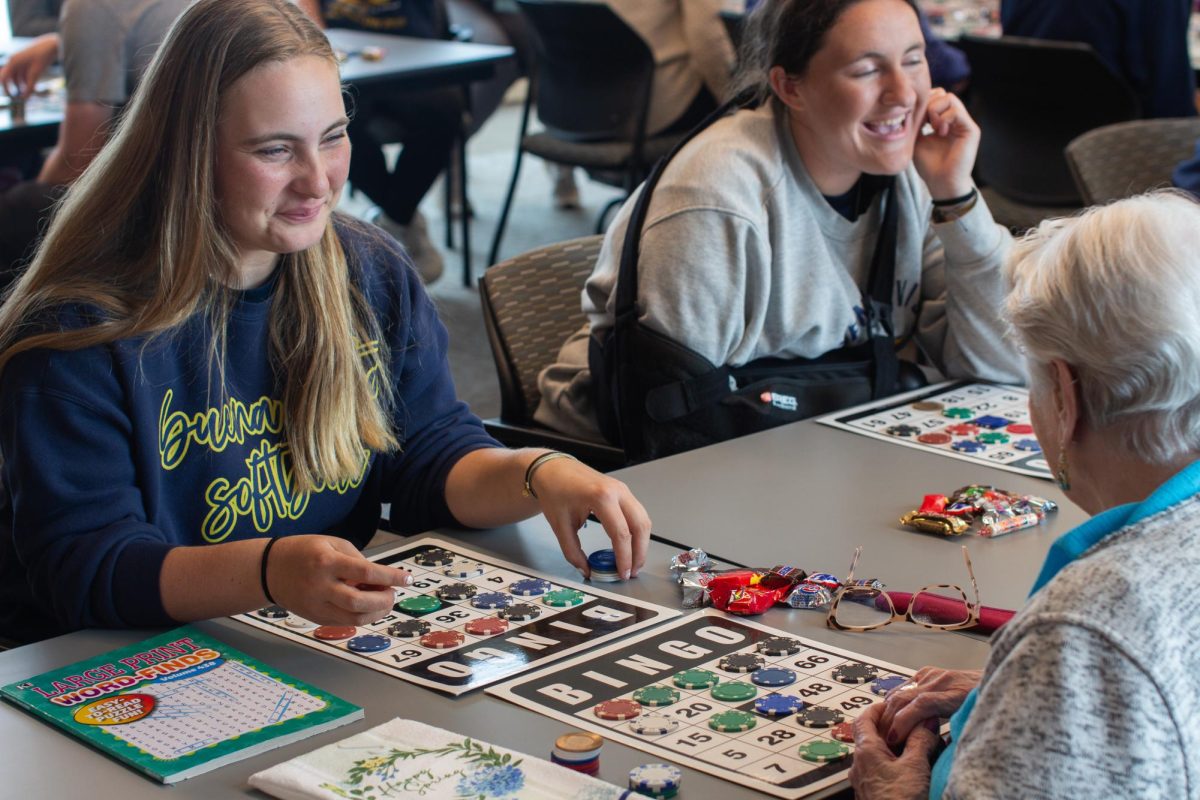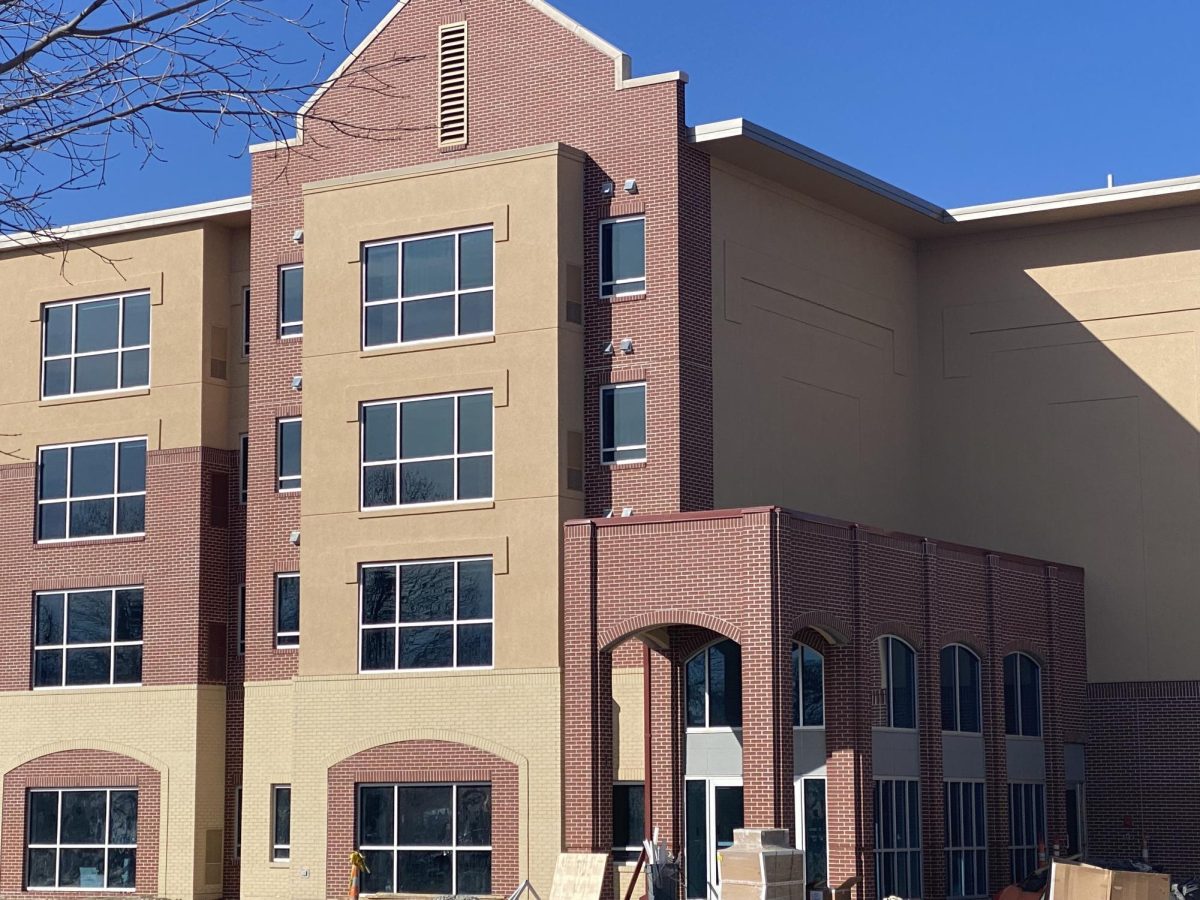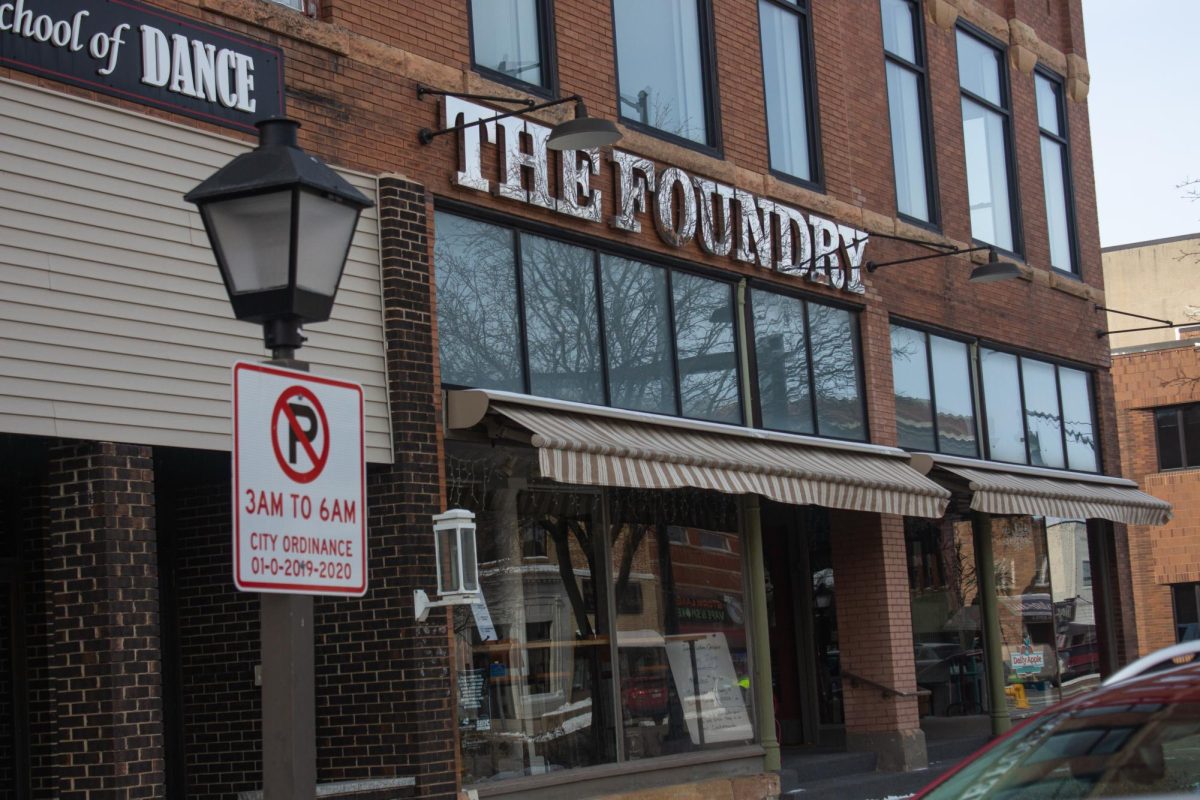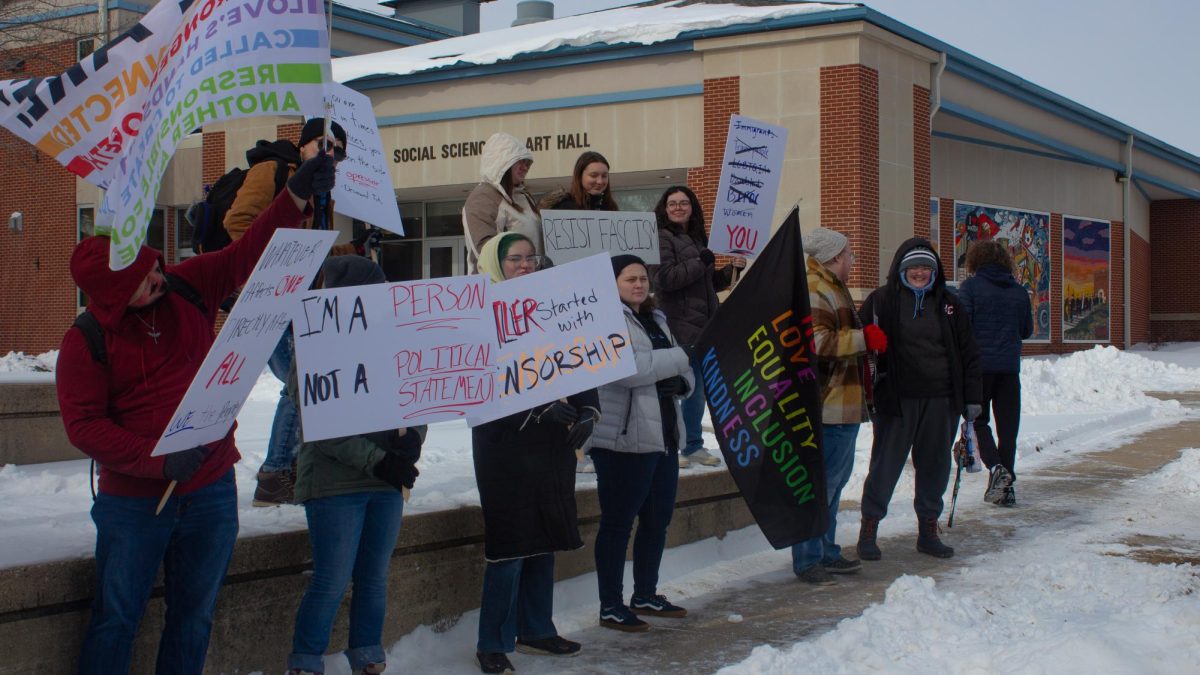Shauna McKnight | Co-Editor In Chief
On Tuesday, October 29th, Buena Vista University (BVU) announced that students must delete all copyrighted material saved on their university-issued devices before November 6. The university has blocked all access to peer-to-peer (P2P) file sharing programs such as BitTorrent and Limewire in order to prevent students from continuing to download illegally. Students with P2P programs or illegally downloaded material saved on their BVU laptops and iPads need to delete these files before Wednesday or face possible sanctions from the university and legal action from companies tracking illegal downloads.
The cleanup is necessary to ensure BVU is compliant with two federal laws: the Digital Millennium Copyright Act and the Higher Education Opportunity act. It is not only the responsibility of the university to uphold these laws, but the individuals’ as well.
“Given each student, faculty, and staff member connects to BVU’s technological infrastructure on a frequent basis and could be using a variety of files for learning and personal purposes it is not uncommon for some clean-up to need to take place on a regular basis,” Chief Information Officer Dr. Laura Grandgenett said.
Companies that own the rights to copyrighted materials often include tracking capabilities within their files to record where these files end up. Companies can identify students, faculty, and staff who have downloaded them and subsequently take legal action against them.
BVU is currently scanning network drives for suspicious material. All students have a network drive on their computer that is backed up randomly. Any files saved to this network drive will be scanned during this process. This includes materials saved in ‘My Documents’ as well as ‘My Music’ and any user library that is backed up to the network drive.
The university stated that it is not their intention to violate students’ privacy by scanning their individual computers for suspicious files.
“There is no reason the university would need to look at individual files unless there is reason to suspect illegal or suspicious activity.” Grandgenett said.
The university responds to copyright infringement claims made by outside entities by first identifying the person who is downloading the files by scanning the network drive to locate the files and the system in question. Often, claims include information about the system, such as IP addresses which are traced back to a specific device. They then suspend internet access to the user’s device. Next, the university communicates with the company who filed the claim to inform them that action has been taken against the individual. BVU then informs the offender of the claim that has been filed against them and questions them about their downloading habits.
Look for an article on Wednesday, November 6 with more information about sanctions the university can impose, as well as alternatives to downloading music and movies illegally.



